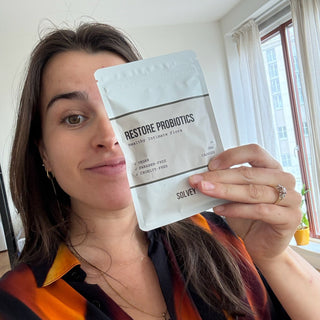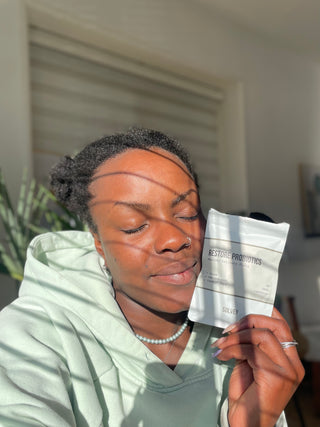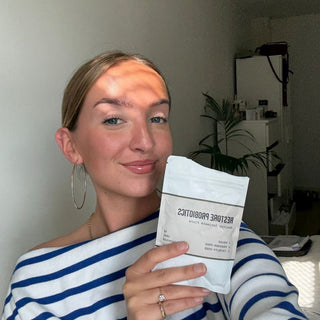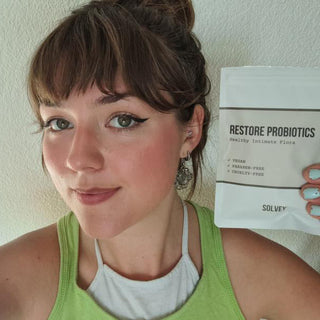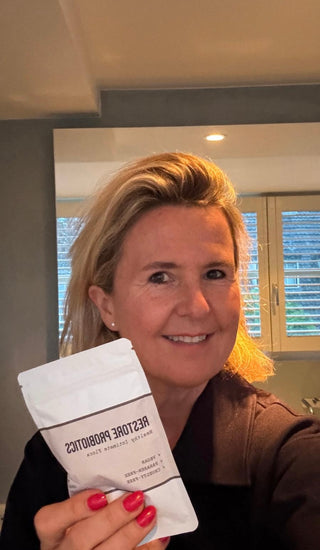Understanding the vaginal microbiome
The vagina is often described in scientific literature as a complex environment that contains a wide range of naturally occurring microorganisms. Together, these microorganisms are referred to as the vaginal microbiome.
This environment is dynamic and can change over time. Researchers continue to study how different bacterial populations are present and how they may vary between individuals and life stages.
Bacteria in the vaginal environment
In many scientific descriptions, certain bacterial species, including Lactobacillus, are frequently mentioned as commonly present in the vaginal area. These bacteria are known for producing lactic acid, which contributes to the naturally acidic characteristics often described for the vaginal environment.
Variations in bacterial composition are widely discussed in medical and academic research, and these variations are considered part of the broader study of vaginal health.
Factors often discussed in research
Scientific literature often explores how different factors may be associated with changes in the vaginal environment. These discussions commonly include topics such as:
-
Dietary patterns
Diet is frequently examined in relation to overall wellbeing and microbial diversity in the body. -
Stress and lifestyle
Lifestyle factors are often mentioned in broader discussions about hormonal and immune-related changes. -
Hygiene habits
Research frequently notes that hygiene practices can influence how the external intimate area feels and responds to products. -
Hormonal fluctuations
Hormonal changes over time are commonly discussed in relation to differences observed in the vaginal environment. -
Medication use
Antibiotics are widely studied for their general impact on bacterial populations in the body.
These factors are part of ongoing scientific conversations and are understood to vary from person to person.
Everyday considerations
Many people choose to approach their intimate care routine with simplicity and personal comfort in mind. Common preferences discussed in educational contexts include:
-
gentle external cleansing
-
breathable clothing choices
-
paying attention to comfort and fit
-
being mindful of lifestyle and daily habits
Individual experiences differ, and what feels appropriate can change over time.
A note on this article
This article is intended for general informational purposes only. It does not provide medical advice, diagnosis, or treatment. For personal or ongoing concerns, consulting a qualified healthcare professional is recommended.



